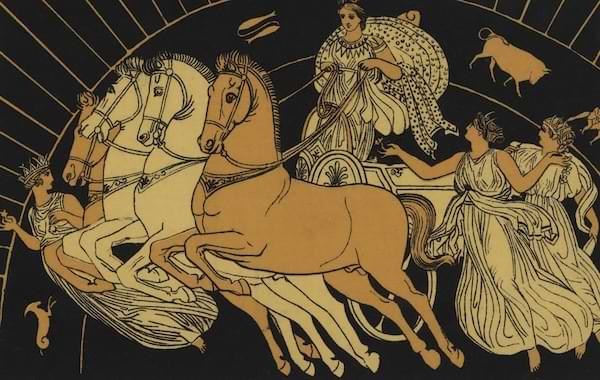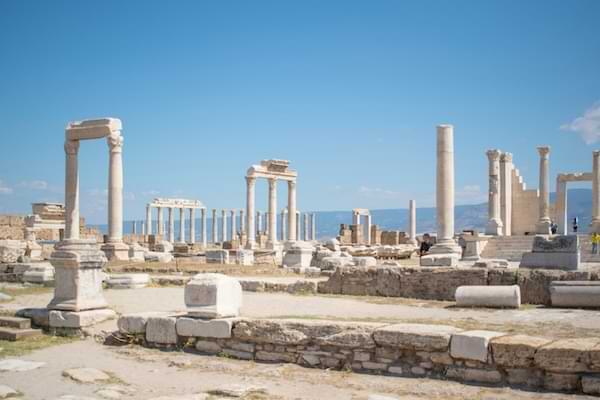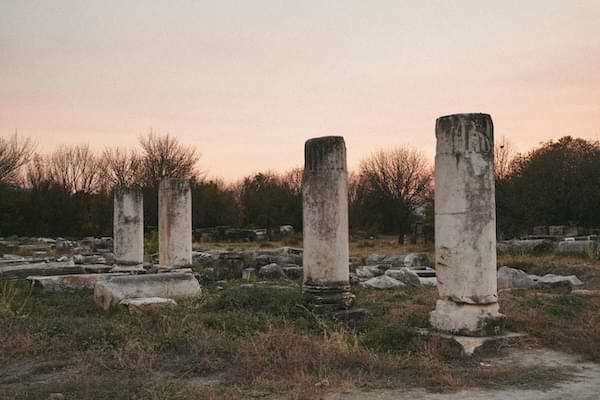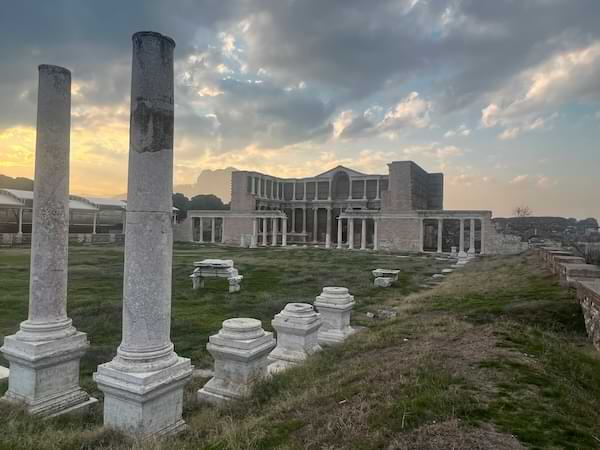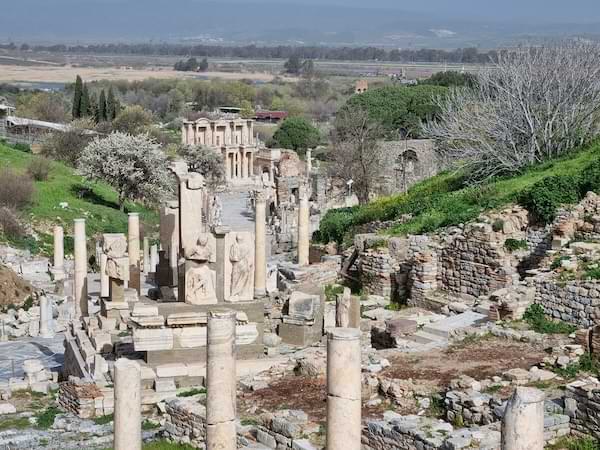When “Why” Has No Answer
Our faith is in the God of all creation, the God who is love (1 John 4:8). His will is sovereign, and according to Ephesians 1:11, “In him we have obtained an inheritance, having been predestined according to the purpose of him who works all things according to the counsel of his will.” So then, if all things occur according to the counsel of his will, why did our perfect God allow the river to rise and people to perish?
What do we do when our “why” questions have no answers? The only solution I’ve ever settled on is this: When we can’t understand God’s sovereign will, we can pray for the strength and wisdom to accept it. That is the prayer that God will answer.
Joni Eareckson Tada was severely injured as a teenager in a freak diving accident, and she never walked again. Her journey with God has been unique, making her words all the more profound. She said, “Real satisfaction comes not in understanding God’s motives, but in understanding His character, in trusting in His promises, and in leaning on Him and resting in Him as the Sovereign who knows what He is doing and does all things well.”
Why do we feel grief for these we don’t know?
At church on Sunday, many spoke about their heavy hearts and the tears they had shed over the news of the flood victims. Christians in the state of Texas and around our country are grieving. Why does the loss of so many innocent men, women, and children cause our hearts to break? Most of the people were strangers, although almost everyone in Texas had a connection to someone whose life was impacted by the flood.
I was listening to the news when they said, “A Christian camp,” and I realized why my feelings were actually grief, rather than just sadness and concern. Those at Camp Mystic and many others who died were our family, our brothers and sisters in Christ, and that spiritual relationship explains our grief. We are God’s family, and we need to remember that the Lord grieves the pain of his children, too.
First-century Christians believed Christ’s return would be imminent. When some began to die before Christ returned, Paul addressed their doubts, saying, “But we do not want you to be uninformed, brothers, about those who are asleep, that you may not grieve as the others do who have no hope” (1 Thessalonians 4:13). Christians grieve with hope. But we also need to remember that hope is not the same thing as healing.
Why is hope not healing?
I read a friend’s post about the flood on Facebook. This friend lost her husband to suicide and later lost her daughter in that same way. She is a strong Christian but has experienced the depths of grief more than most people ever will. I wanted to share her words with all of you because while our lives were impacted by grief, there are many whose lives have been changed forever. How can we help people who lose a person they love, especially a child? My friend answered that question well, saying:
Everything has changed for the parents of the lost children. They will need gentle loving compassion for the rest of their lives. They need us to remember their child’s name and to speak of them often. They need the grace to heal in their way and their time. Remember, grocery shopping will be a nightmare as they see all the things their little one ate, maybe ask if you can do that for them for a while; church will be both comforting and painful, they will struggle with the life-long concept that their child is gone, and even though they know she’s in Heaven, they want their child here with them much more; the 4th of July will take on a new meaning for the parents, while the rest of the country celebrates, they will mourn. The best thing you can say to the parents is, I cannot imagine what you are going through. Because it is true and validating. Yes, God is close to the broken-hearted; it’s a good thing because otherwise the loneliness and grief would be too much.
As Christians, we should take a moment to pray and ask God to give us a heightened sensitivity to everyone we know who has ever lost a child. We watched a horrific tragedy on our television sets. Those friends re-lived their grief because it will always be part of their lives. All around us today are people who will need to receive our compassion and, once again, choose to trust God’s hope one more time. We need to be careful not to “move on” or move away from the people who will return to their grief for the rest of their lives.
Why do we need to act on our grief now?
Grief for others is a powerful motivator that draws us nearer to God with a compassionate desire to serve. We are also fallen human beings. Chances are, when the news speaks of the floods less often, we will think of the flood victims less often as well. The time to act is right now, as God prompts us, not when we plan to get around to it.
- Remember, every news story can prompt us to pray. Pray as you watch the story, listen to the victims speak, and hear about their needs. Don’t wait to add it to your prayers later on because those prayers often don’t happen.
- Pray for everyone to be found. Their families just want them back, even if it is just to make plans for their burial.
- Pray for the hearts and minds of the first responders. One man serving as a search team diver said, “It’s always hard. No one I ever search for under the water is still alive.”
- Give to the organizations that provide relief efforts for these tragic situations. My husband and I like to give to Texans on Mission because, in addition to their amazing ability to serve physical needs, they also give Jesus to meet spiritual needs.
- Pray for God’s Spirit to author your words and fill your life. There will be many conversations about this flood, and it’s natural for people to want to blame other people. It’s more comforting to find blame in others than admit we live in a fallen world we can’t control. You know Jesus, and you received the power of his Holy Spirit when you made him your Lord. Do not underestimate his ability to author your words and your character, and use your knowledge of his word to bring light and hope into a conversation. Speak when Jesus wants to speak through you, and others will hear his wisdom in your words.
- Pray not to “grow weary in well doing.” Christians are the light of the world, and dark days are redeemed when his light in us draws others to seek Christ. We can be kind, loving, patient, and giving. And then we can be all of those things again and again.
The “why” has no answer, but our witness will speak volumes
Paul said, “Whatever you do, work heartily, as for the Lord and not for men” (Colossians 3:23). Work hard this week to bring Jesus into the difficult conversations. Let your love and patience stand out like a light in a dark room. Allow the Spirit of Christ to guide your path. Let’s all do without something to give that money to those who need it the most. Even the widow’s mite works wonders with God’s blessings. And let’s pray without ceasing for those whose pain will never cease here on earth.
I don’t know why God our Father allowed such a flood. I do know that he has promised to redeem the pain if his children will be called to his purpose (Romans 8:28). How will you follow his calling and seek his redemption this week?



